For years women were told to minimise exercise during pregnancy. That’s changed, but how much should you be exercising and what workouts are safe to do? We asked the questions for you.
Should I exercise during pregnancy?
Definitely. The benefits of exercise work for you and your baby. According to BUPA, the release of endorphins can improve your mood and ward off anxiety, while also helping you sleep. Improved muscle tone can help back pain and constipation. Exercise can lower your resting heart rate and reduce high blood pressure. And of course, being in good shape can help if you have an active labour and birth.
What’s more, the Royal College of Midwives (RCM) officially advises members to tell pregnant women that exercising while pregnant is safe, and that exercise won’t stop new mums from breastfeeding. They also emphasise the importance of strength training as part of your routine.
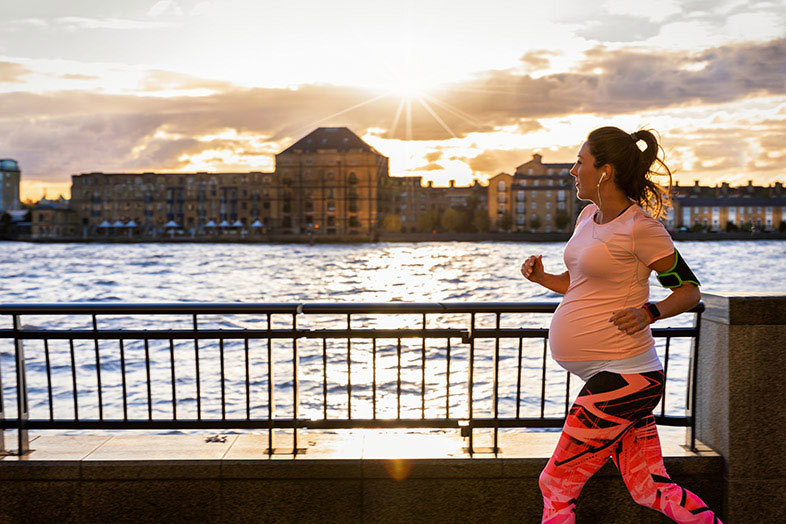
What kind of exercise is safe to do during pregnancy?
General advice is to continue doing what you’re used to, but dial down distance, weight and frequency. And always make sure you feel comfortable. According to the charity Tommy’s, you can do most types of exercise, including:
-
Aerobic exercise such as walking, jogging and running when pregnant
-
Aerobic classes
-
Cycling in the gym
-
Weights and strength exercises (if you’re used to this)
-
Swimming (but avoid breaststroke) and aqua-natal classes
-
Yoga and Pilates
-
Pregnancy exercise classes (ask your midwife where to find them)
-
Dancing
-
Gardening (and housework!)
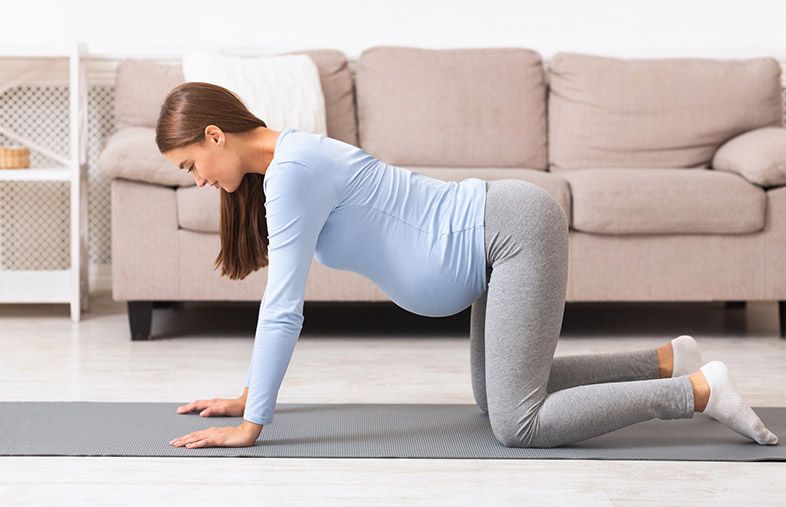
Can I still do abdominal exercises while pregnant?
You can still exercise the abdominal muscles during pregnancy, as this will help support your internal organs and the weight of your baby and help avoid backache. The NHS suggests you do abdominal exercises such as cat stretches, pelvic tilts and pelvic floor exercises but avoid anything too strenuous, such as crunches. And remember, don’t lie on your back while exercising, especially during the third trimester.
What kind of exercise should I avoid during pregnancy?
The NCT recommends you avoid sports that might lead to injury or health problems. These include:
-
High impact activities and vigorous racquet sports like tennis and squash
-
Scuba diving
-
Mountain climbing (any exercise over 2500m above sea level can lead to high-altitude sickness which is damaging to you and your baby)
-
Horse riding
-
Cycling outdoors
-
Contact sports including boxercise, judo and karate
-
Ice skating
-
Volleyball
-
Football
-
Skiing and snowboarding
-
Water skiing
How often should I exercise during pregnancy?
The NHS says it’s perfectly safe to continue your usual exercise while pregnant (with the exception of the ‘avoid’ list, above). If you haven’t been doing much exercise, they say to start with 15-minute sessions three times per week, raising that to around half an hour per day.
How soon after birth can I start exercising again?
You can get back to exercising after the birth when you’ve had your six- to eight-week check with your midwife. Build up again gradually and don’t try to do too much too soon.
What do fitness experts say about prenatal exercise?

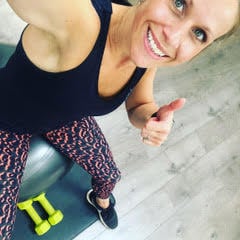
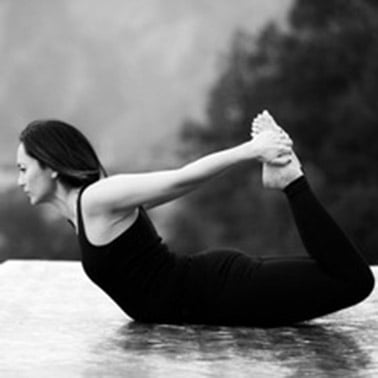
What prenatal exercise did you do?

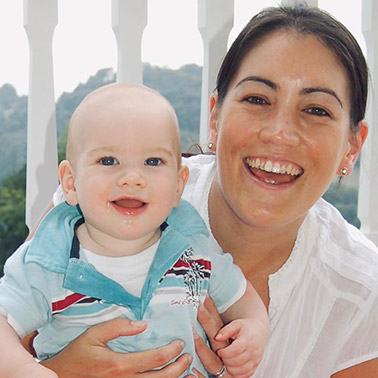



 your parenting partner
your parenting partner